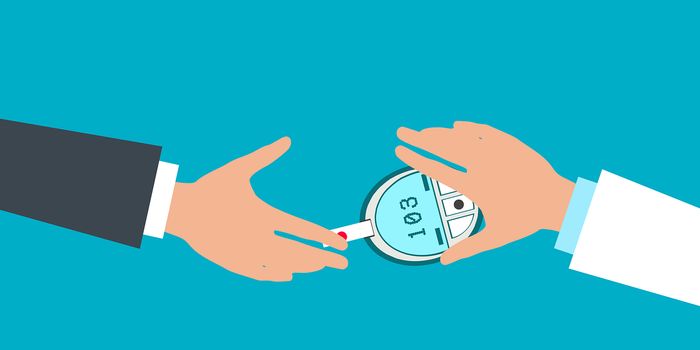Our brain loves music. It has the versatile ability to cheer us up when we're down, spark our creativity, and even ease our anxiety.
One of the more anxiety-inducing experiences people choose to undergo is awake eye surgery. Anesthesiologist Gilles Guerrier sought out to find whether music could ease the stress of these patients. He presented the results of his
pilot study on March 27 at Euroanaesthesia 2016 in London.
The study found that playing relaxing music just before eye surgery alleviated symptoms of anxiety among patients. Due to the decreased stress levels, the patients required less sedation. The finding is particularly valuable because listening to music is inexpensive, non-invasive, and non-pharmacological.
The study included 62 participants who were randomly assigned to either listen to the music or not have music. The provided music was specifically composed to ease anxiety. The patients had a choice of 16 different genres, including Cuban, jazz, and classical. Each piece was instrumental, featured a decreasing tempo, and a progressive decrease in the number of played instruments.
The participants listened to the music through high-quality headphones for a full 15 minutes before undergoing cataract surgery. They were not able to have the headphones on during surgery because the headphones would have been quickly destroyed due to the disinfectants and other liquids used.
This is one of the relaxing music tracks the participants were allowed to choose.
Cataract surgery takes about 15 minutes. Previous evidence suggests music can activate feelings of relaxation for one hour after the music has stopped. Each patient filled out a Surgical Fear Questionnaire and a Patient Satisfaction Questionnaire. The results of the questionnaires showed that anxiety was significantly reduced among the music group in comparison to the non-music group. The music group required significantly less sedatives during the surgery and they reported higher levels of postoperative satisfaction.
In moving forward with the study, Guerrier told LabRoots that he and his team plan to “carry on with inclusions since [they] need a bigger sample size since intraoperative surgical complication is a rare event."
The researchers hope music will eventually be provided to all patients before they undergo eye surgery. "We intend to assess the procedure in other types of surgeries, including orthopedics where regional anesthesia is common,” Guerrier said in a press release.
Sources:
European Society of Anesthesiology press release via EurekAlert!,
study abstract presented at Euroanaesthesia 2016









